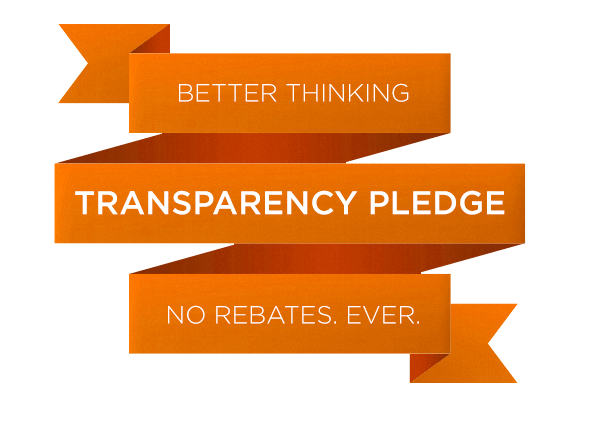Published on
Intent on Success

Google Search may not get the press love that Facebook does – every time Facebook tweaks its user interface, the media goes wild – but a recent improvement by everyone’s favorite search engine should get marketers’ attention.
Google Search can now pinpoint where a user is within the sales funnel and tailor results to match his or her place in the customer journey.
Search is inherently less sexy than social media, but it still drives most website traffic. According to a recent study by Brightedge, 65% of website visits come from paid and organic search (social accounts for just 5%), but search has historically struggled with identifying where a prospect is in the process. For example, someone searching for cross-over SUVs could be in the initial research phase, ready to schedule test drives, or ready to buy. In response to this challenge, Google (as well as Microsoft’s search engine Bing) are leveraging their knowledge of a user’s search history to create what are called custom intent audiences.
By being able to overlay additional signals such as CRM lists and previous web activity, an advertiser can take a more granular approach to search marketing by bidding more (or less) aggressively based on these signals. For that same cross-over SUV search, a car dealership may want to bid on the search term since at least some level of intent is there. But by incorporating audience insights, such as visits to YouTube to watch car reviews; a recent visit to the dealer’s website; or an expiring lease; they can choose where they want to bid most aggressively. The dealer can focus their budget on going after searchers with an expiring lease versus someone who has watched review videos but is still kicking the virtual tires. Marketers can even alter messaging and their call to action based on those signals. We are currently doing for some of our clients and the results to date have been strong.
When Facebook recently announced its redesign, it framed much of its presentation around the phrase “The future is private.” The reality—whether you are Facebook, Microsoft or Google—is that increased privacy means less customer data. Search engines by design are the ultimate data sources, because they inform you as to what your future customers need right now. So, while Facebook gets the attention, just down the road Google quietly continues their work, turning search signals into leading indicators of marketing results.
Search have you confused? Searching help? Click here and search no more!

